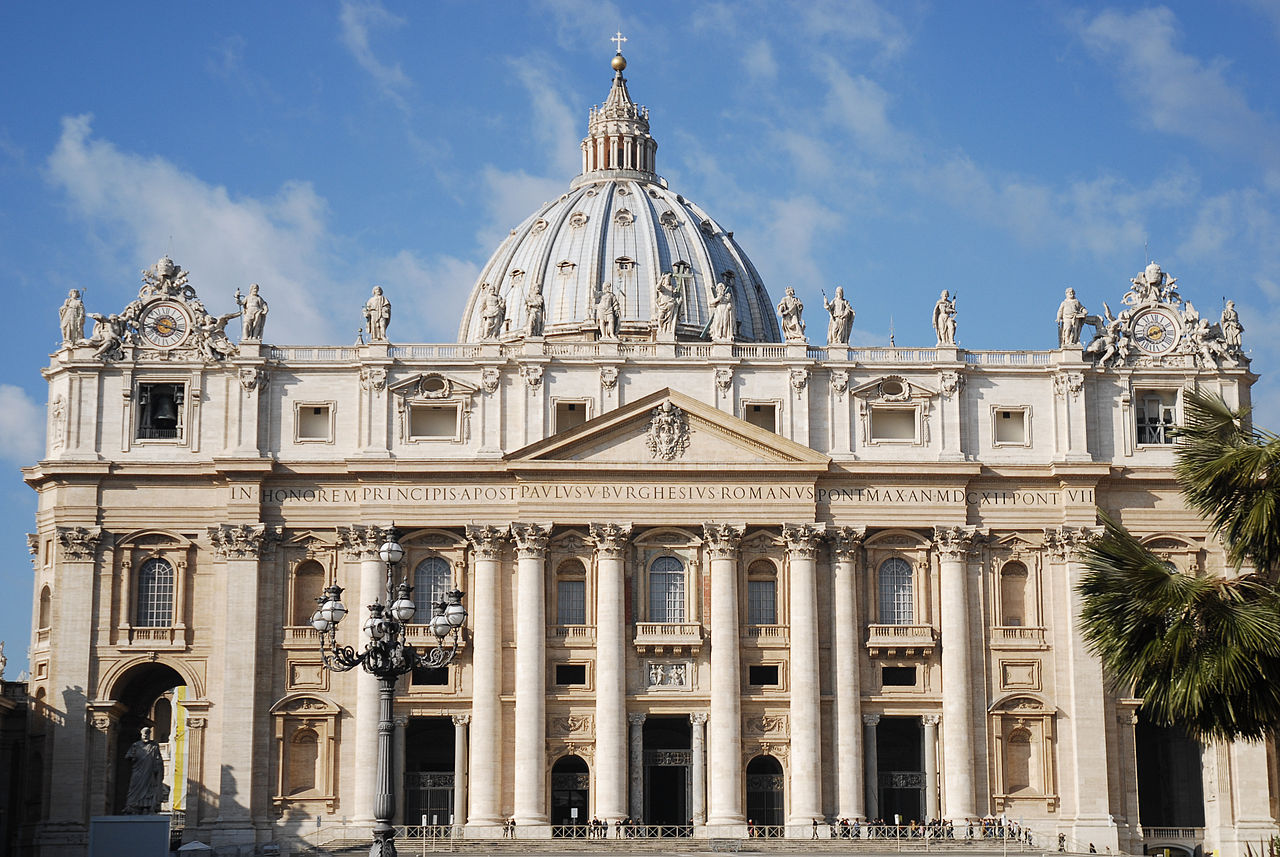
NASHVILLE (BP) — Differences between the interim and final reports from a meeting of Catholic bishops in Rome reflect “deep division” within the church’s hierarchy regarding homosexuality, a seminary professor has noted.
“Deep division appears obvious,” Jeffrey Riley, professor of ethics at New Orleans Baptist Theological Seminary, told Baptist Press in written comments. “How broad the division is difficult to say. … Some bishops appear captured by western cultural notions that stress sexual freedom rather than a freedom that comes by obeying the clear teaching of Scripture.”
Riley, a research fellow with Southern Baptists’ Ethics & Religious Liberty Commission, said culturally conservative bishops generally come from the global south and east while liberal bishops tend to come from the north and west.
The Synod on the Family, convened by Pope Francis Oct. 5-19, considered “the pastoral challenges of the family in the context of evangelization.”
The synod issued an interim report Oct. 13 declaring that homosexuals “have gifts and qualities to offer the Christian community.” The interim report also spoke of offering homosexuals a “welcoming home” in the church and the “precious support” that same-sex partners provide to each other.
Following a flurry of media attention — including praise from gay rights activists and criticism from conservatives — the synod concluded its two-week meeting by issuing a final report that did not speak of the “gifts” of homosexuals or the “precious support” of gay couples.
A draft of the bishops’ final report included a statement that “men and women with homosexual tendencies should be welcomed with respect and delicacy.” Though that language was supported by 118 of the 180 bishops voting, it did not receive the two-thirds majority required to become a formal proposal of the synod.
Draft language about opening communion to divorced Catholics who remarry outside the church also received majority support but not the requisite supermajority to become a formal synod proposal, Religion News Service reported.
Francis ordered that the entire proposed final report be published along with a tally of the vote on each paragraph, including sections that bishops rejected.
A full English translation of the final report was not available at press time. The synod was closed to media.
No proposal of the synod becomes official Catholic doctrine. All the proposals will become a foundation for discussion at the October 2015 Ordinary Assembly of the Synod of Bishops, which will make proposals to Pope Francis, who alone decides official Catholic doctrine.
Present Catholic doctrine, articulated in the “Catechism of the Catholic Church,” states, “Basing itself on Sacred Scripture, which presents homosexual acts as acts of grave depravity, tradition has always declared that ‘homosexual acts are intrinsically disordered.’ They are contrary to the natural law. They close the sexual act to the gift of life. They do not proceed from a genuine affective and sexual complementarity. Under no circumstances can they be approved.”
Riley said he expects next year’s synod “to retain traditional teaching of the church on marriage and sexuality.”
“The question that remains is language the next synod will use regarding how the church engages those in sinful sexual lifestyles,” Riley said. “Will the next report retain the current ambiguity or will the Catholic Church speak plainly on the sinfulness of extra marital sexual encounters of any type and be content to invite those outside of the teaching of the church to follow the rule of the church?”
Andrew Walker, director of policy studies for the ERLC, said the interim report was a “public relations nightmare” for the Vatican but probably does not foreshadow an official change of Catholic doctrine.
The Catholic Church “is trying to strike a more pastorally inclusive tone,” Walker told BP. “I personally don’t think you’re going to see a doctrinal change on homosexuality. I’m not sure of what the outcome will be on the issue of divorce and remarriage” related to “receiving communion.”
Claims of division among Catholic leadership appeared to be substantiated by public statements of various bishops and the pope. Following the release of the interim report, Archbishop Bruno Forte of Italy said according to National Public Radio, “We must respect the dignity of every person, and the fact [of being] homosexual doesn’t mean this dignity must not be recognized and promoted.”
Conservative cardinal Raymond Burke, former archbishop of St. Louis, criticized Francis for allowing the synod’s public message to stray from official Catholic teaching.
“The pope, more than anyone else … is bound to serve the church,” Burke said according to RNS. “The pope is not free to change the church’s teachings with regard to the immorality of homosexual acts or the insolubility of marriage or any other doctrine of the faith.”
Pope Francis, speaking at the close of the synod, said healthy discussion among the bishops did not indicate division. He told Catholics to avoid both the temptation of “hostile inflexibility” and neglecting the “deposit of the faith.”
“Personally I would be very worried and saddened if it were not for these temptations and these animated discussions; this movement of the spirits, as St. Ignatius called it, if all were in a state of agreement, or silent in a false and quietist peace,” Francis said. “Instead, I have seen and I have heard — with joy and appreciation — speeches and interventions full of faith, of pastoral and doctrinal zeal, of wisdom, of frankness and of courage.”
















